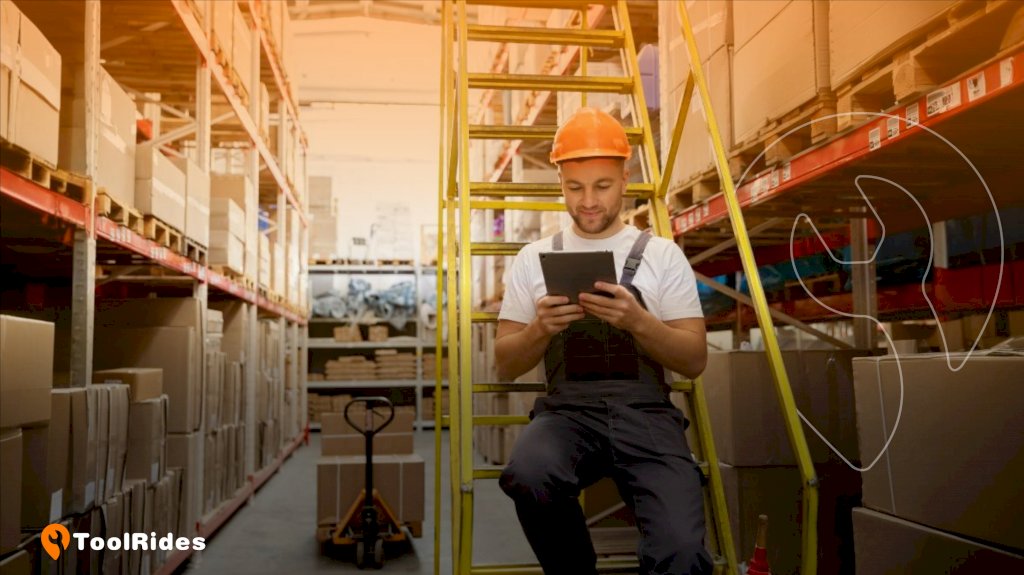Businesses that rely on last-mile logistics must be prepared to face different challenges. One of them is meeting customer demands. These businesses must also deal with a complex economic context and worry about having an adequate team of transporters, among other variables. It is definitely of utmost importance to be able to boost delivery.
Meeting this challenge is one of the main objectives, in addition to providing a satisfactory delivery experience to the customer. That is why you must ensure that you provide efficient delivery, always considering elements such as cost, fleet of vehicles, carrier performance, and a long list of tasks. To achieve excellent last mile service, special attention must be paid to each aspect of it.
In order to properly control operations, a constant and rigorous evaluation of your processes is required from start to finish. We want you to improve the development of your business, so we have chosen some of the best practices related to logistics and delivery solutions. These will help you eliminate operational inefficiencies, retain and gain more customers and, finally, maintain a competitive advantage.
Best practices for last mile logistics solutions
When we talk about last mile logistics , it is a term that refers to the last part of the process of delivering an order to the end customer. In other words, this is the step that occurs from when the package leaves the last distribution point from the store or warehouse, until it reaches the last point: which are the hands of the consumer.
Choose the right last mile solution
In order to implement the best last mile strategies, including the use of advanced technology to improve operations, you must be familiar with the different solutions available in this market. This can include the use of mobile devices, data analysis, a route planner, among others.
Invest in technological logistics solutions, as they are the key to enhancing the customer experience. You should also invest wisely if you want to reduce operating costs. Choosing the right solutions will undoubtedly help you automate processes and make better decisions based on your data.
Implement a good plan for your business
Although in recent years we have seen that last mile technologies have changed significantly, innovation used to be about having a good plan for your operation, now it is an obligation to have them. Therefore, it is important to constantly review your strategies, so you will be able to generate new plans that adapt to current market conditions.
Some recommendations you should ask yourself are the following questions:
-
What are my competitors doing to take advantage?
-
How can my delivery operations be reconfigured to add value to customers?
-
How do other industries use last mile operations to be more competitive?
Answering these questions will allow you to create a more efficient plan and improve the productivity of your delivery or logistics service.
Achieve standardization and automation
It is important for you to know that in order to transform your last mile operations, you need to abandon conventional ways of doing things. These are not only time-consuming, but also detrimental to your efficiency. A clear example is when we plan routes manually, because after all, we do not have the planning power that a technological solution that specializes in this has.
Route planning is a science and it also requires careful analysis of data and variables that affect delivery. Therefore, it is important to introduce automation into the process to save time and improve your deliveries. This applies to almost all sensitive points of last mile logistics. The key to eliminating inefficiencies in the operation is to standardize and automate everything from route planning, product dispatch, and communication with customers.
Use data analysis to your business' advantage
Last mile technology solutions generate a huge amount of information. The right analytical tools are used to achieve this. In fact, businesses will have a broader view of the performance of their operations by doing so.
It is very important to be able to identify the metrics that are needed to begin this analysis. Therefore, traditional methods for measuring delivery are valuable. These can be even more valuable if combined with other business KPIs. Such as consumer opinion, last mile costs, among others.
Empower your carriers
It is obvious that carriers play an important role in last mile operations. They are the ones who perform crucial elements to complete the delivery process. It is important to provide them with the necessary tools to make their job easier. This should include pre-planned routes, proof of delivery, and channels to communicate with customers, among many others.
You will be able to allow those in charge of the operation to carry out centralized and real-time monitoring of deliveries to maximize their productivity. With a correct last mile logistics solution, all the elements that affect the dispatch process will be automated.






